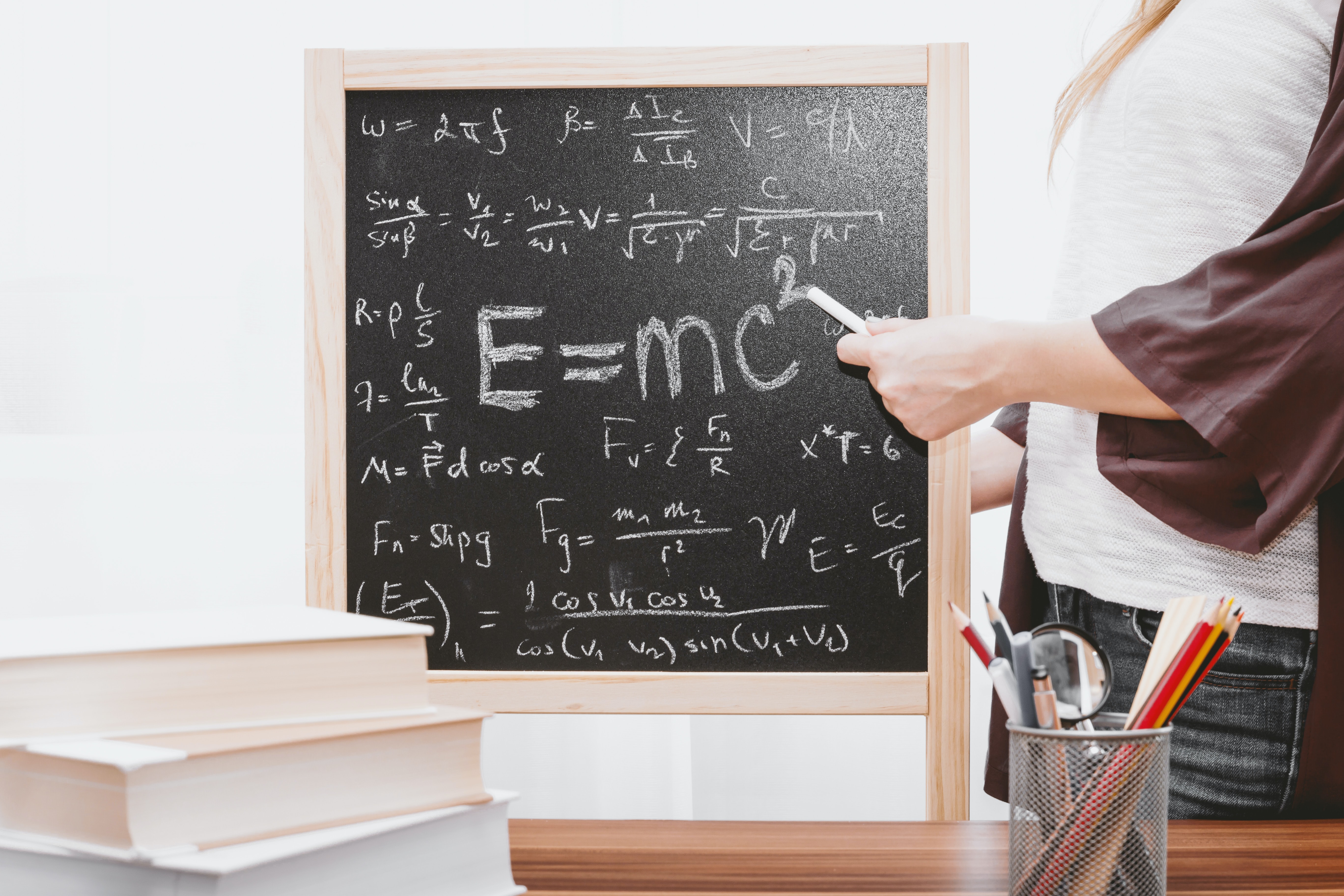In simple terms, abstract algebra is a broad field of mathematics, concerned with algebraic structures such as groups, rings, vector spaces, and algebras.
In other words, it is a branch of mathematics that studies what happens when certain properties of number systems are "abstracted out". For example, altering the definitions of the basic arithmetic operations (add, subtract, multiply, divide) results in a structure known as a ring, so long as the operations are consistent.
The term and field of study were developed during the early 20th century to help mathematicians differentiate this area of study from older parts of algebra.
The fundamental presumptions of classical algebra, upon which the entirety of mathematics depends, were initially expressed as axiomatic systems. No longer satisfied with establishing the properties of concrete objects, mathematicians started to turn their attention to general theory.
To learn more you can check out the article about what abstract algebra is and to get help in your math class you can review this chapter with the help of a mathematics tutor.
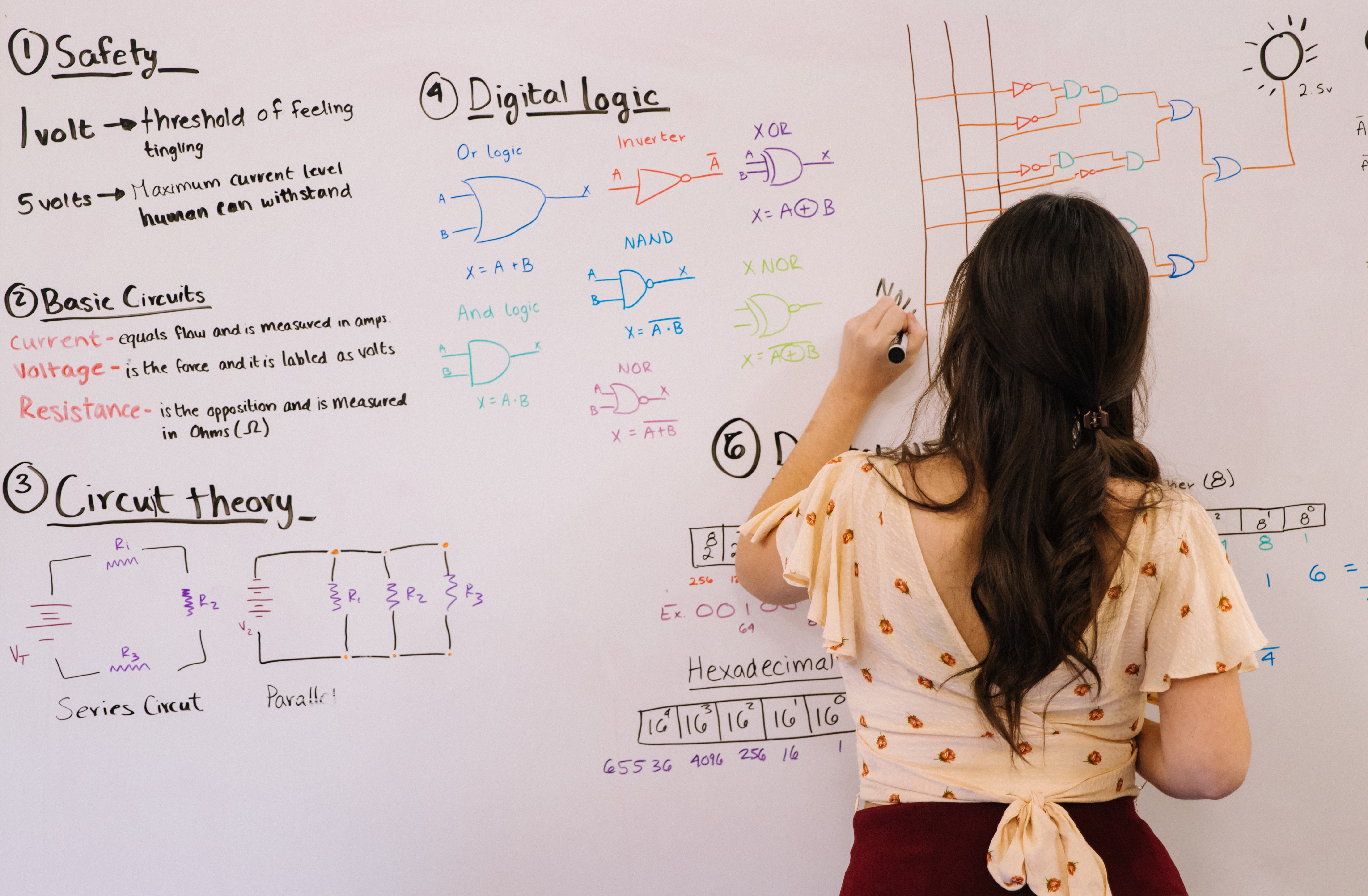
Tutors on Superprof can help you study any mathematical field starting with equations structure, Pythagoras's Theorem, Galois theory, Allan's interval, linear, classical, or modern algebra, ring equations, and much more.
Many branches of mathematics are taught in school and to find an appropriate tutor you must be specific about the area of study you're interested in.
If you are not specific about your learning needs, you can end up taking a course on other mathematical subjects or hiring someone that is not an expert in the fields you're interested in learning.
This is why you interview someone before you hire them and you make sure you ask the correct questions. For example, ask about their experience, areas of expertise, years in the field, and so on.

What Are the Functions of Abstract Algebra?
Abstract algebra has a wide variety of elements and areas of study.
The three principal elements are group theory, Galois theory, and classical ideal theory. Each of these topics covers several important subtopics that makeup what we know as abstract or modern algebra.
To understand each element better you can pick up a Dover book of mathematics and read any chapter on abstract algebra. The most popular Dover book on the subject is Allan Clark's book titled Elements of Abstract Algebra.
In his book, Allan Clark focuses on number theory and solvability by radicals. Each chapter of the book covers different mathematical topics stemming from set theory, group theory, ring theory, and field theory.
It emphasizes the definition of normal subgroups, permutation groups, and composition series in group theory, polynomial rings and ideals in ring theory, and algebraic numbers and Galois theory of field theory.
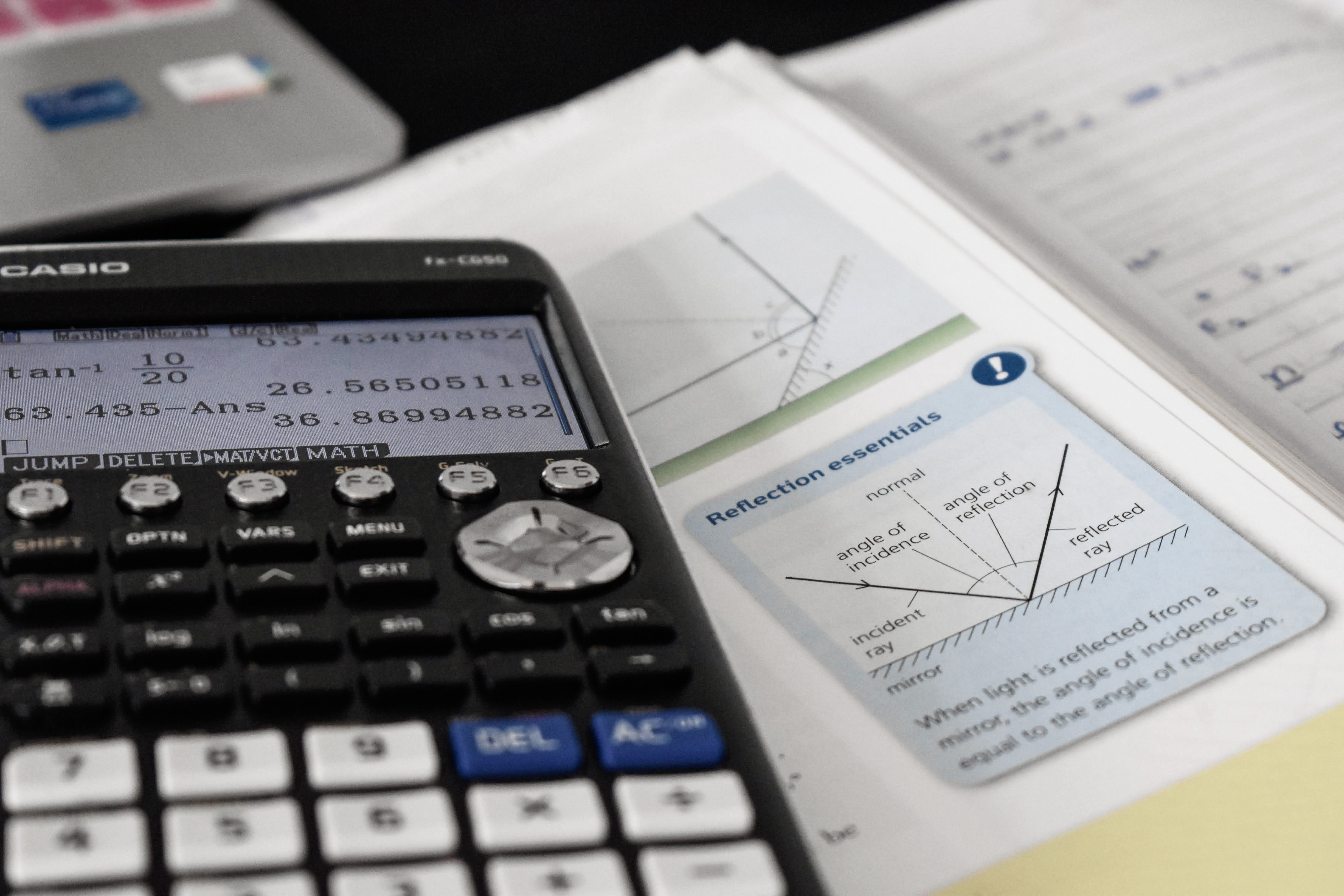
Keep in mind, however, that this is not a book with one example after another or with given exercises to solve. This is mainly a book for theory and comprehension of mathematical material. This book, in a way, will help you understand the history of abstract algebra.
There are plenty of other books you can purchase that will have several exercises ready to be solved.
You can also read other books or online articles with a precise definition of modern algebra. You can take an online course and solve equations on your computer, or you can hire a math tutor from Superprof to give you math lessons a couple of times per week.
How to Learn Algebra?
There is no way around learning something new. If you want to learn and become a pro at solving algebraic equations, you must work hard and practice as much as you can; there's no more science to it!
However, there are a few tips and advice you'll probably find useful when you're studying for your next abstract algebra exam. Learning math is not like learning science, history, or English where you read and memorize things.
To understand mathematical concepts and to learn algebraic theory, you must solve as many exercises as you can. It is the only way you'll brain will fully understand the numbers and problems put in front of you.
People deem maths and algebra as subjects that are hard to learn. Anything new and foreign to us will be challenging to dominate but once you get the hang of it with time and hard work, you'll see how easy it becomes.
Below you'll find some tips to help you prepare for algebra class. Keep in mind these are not the only tips that could help, it all depends on the kind of learner you are!
- Makeup Tricks to Remember the Rules - you can come up with pneumonic devices or a fun game to help you remember the key rules to solving an equation.
- Learn Shortcuts - there are some tricks you can learn that will help you get to your answer faster.
- Get to Know the Calculator - a scientific calculator is an amazing tool that most of the time is overseen because we don't know all the features it has. If you learn everything about your calculator, you'll have more help.
- Join a Study Group - sometimes we also underestimate the power of study groups. However, learning with the help of friends can be incredibly positive if you push each other to focus and get to work.
- Don't be afraid of asking for help - many times we feel ridiculous when we ask for help, however, not one is perfect and we all need help from time to time.
- Hire a Tutor - part of learning to ask for help is recognizing you need extra hours of hard work during the week with the support and guidance of a tutor.
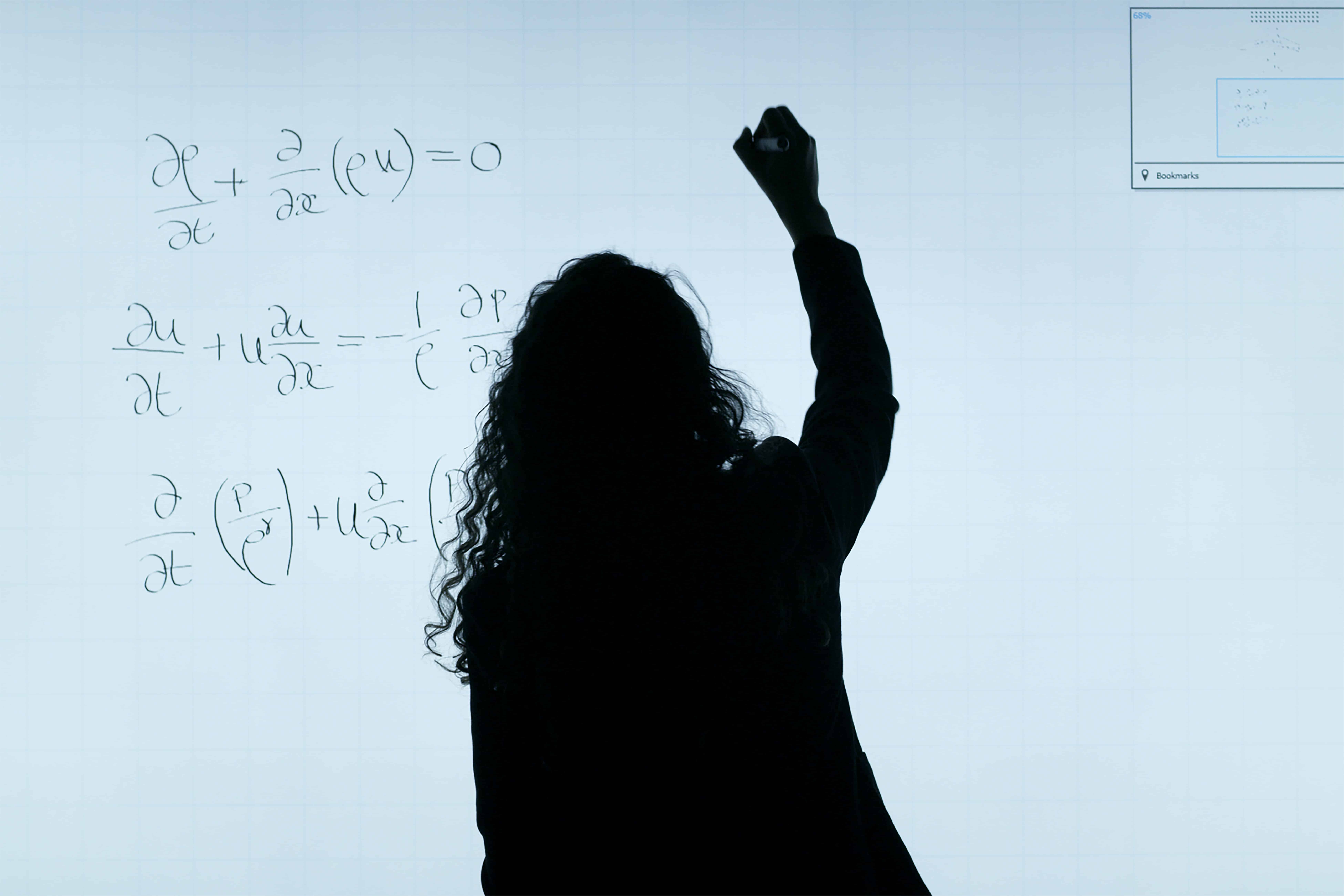
Learn Algebra with a Tutor
Private tutoring for all subjects has become increasingly popular in the past couple of years, however, math tutors have always been popular.
Math tutors have always been around because students tend to find math class more complicated than other fields like history, literature, or science.
An algebra tutor will be able to help their students in one form or another. They can help them understand the theory, give them books to help them understand the information, articles with examples of complex exercises, and much more.
The role of a tutor is to help student achieve their learning objectives and goals. These objectives could be anything from getting an A in a class, passing a previously failed class, reviewing course material, getting help concentrating, learning different math tricks to solve a theorem, and so on.
You can find a tutor to help you learn linear or abstract/ modern algebra and tell them exactly what you are struggling with. This way you can be an active participant in the creation of your lesson plan. The tutor brings the material, but what gives structure to the lessons is the student who is whiling to learn and improve.
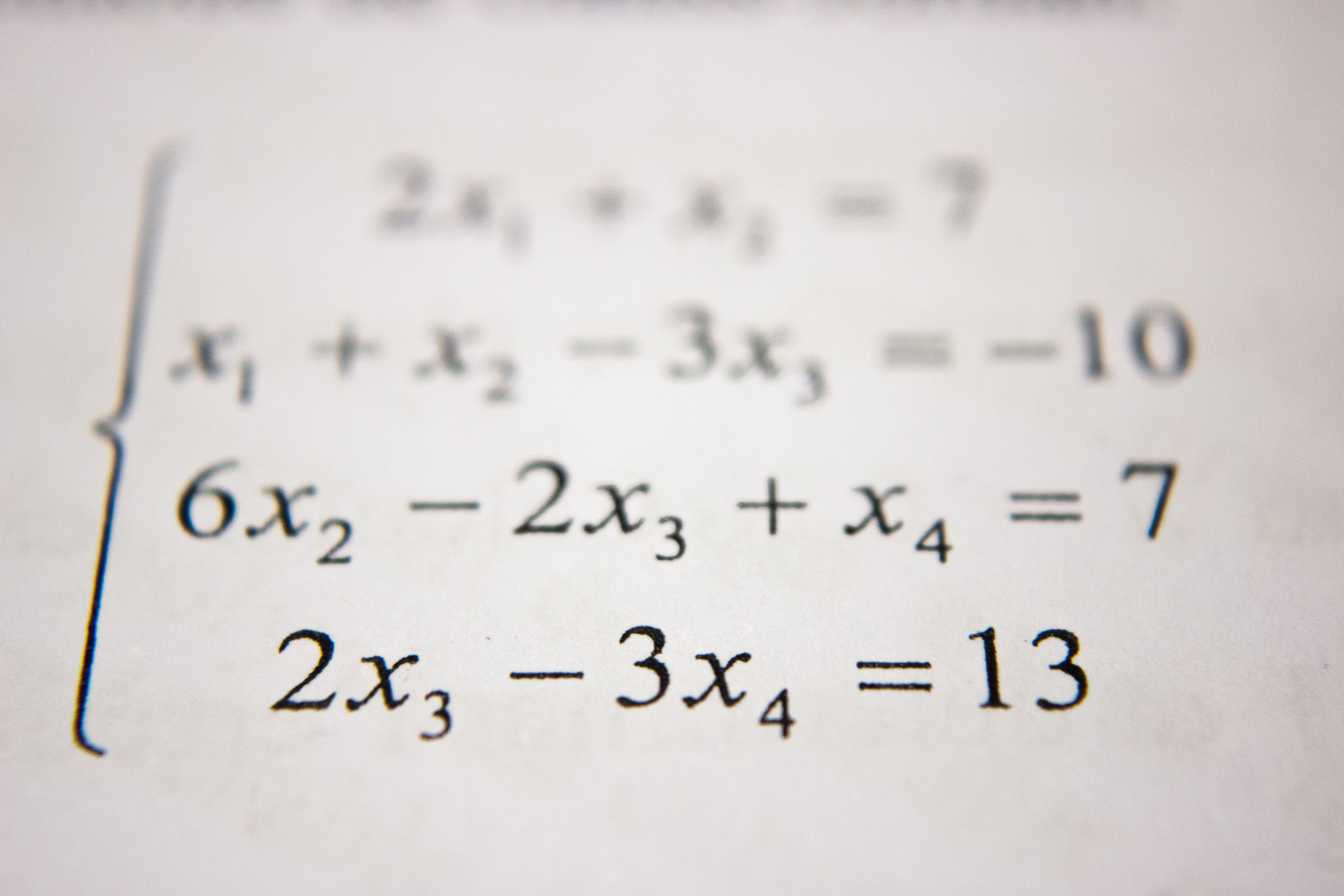
Private tutoring is an investment in your education and as a student, you commit to investing time, energy, and money into improving your knowledge of a subject. If you struggle with numbers and you know it, you can start the school year on the right foot and hire a tutor right away.
You can search for modern or linear algebra tutors right here on Superprof. There is a set of things you have to define to make your tutor search easier and more successful.
For instance, you need to define a budget to make sure that you can afford the lessons of the tutor you chose. Then you need to decide if you want to have online lessons and only need a computer to attend the lessons. Or if you'd rather have in-person lessons then you have to find someone that can fit your schedule and commute to where the lesson will be held.
It is also important to know what kind of learner you are. For instance, if you are a visual learner and you find a tutor whose teaching methods are geared toward listeners or doers, then you'll know their lessons aren't a good fit for you.
Other things to consider are their experience, the levels they teach at, preparation as educators, and so on. Keep in mind that you can always ask for reviews from previous students. Having reviews can reassure you about the tutor's work and professionalism.
Summarize with AI:

